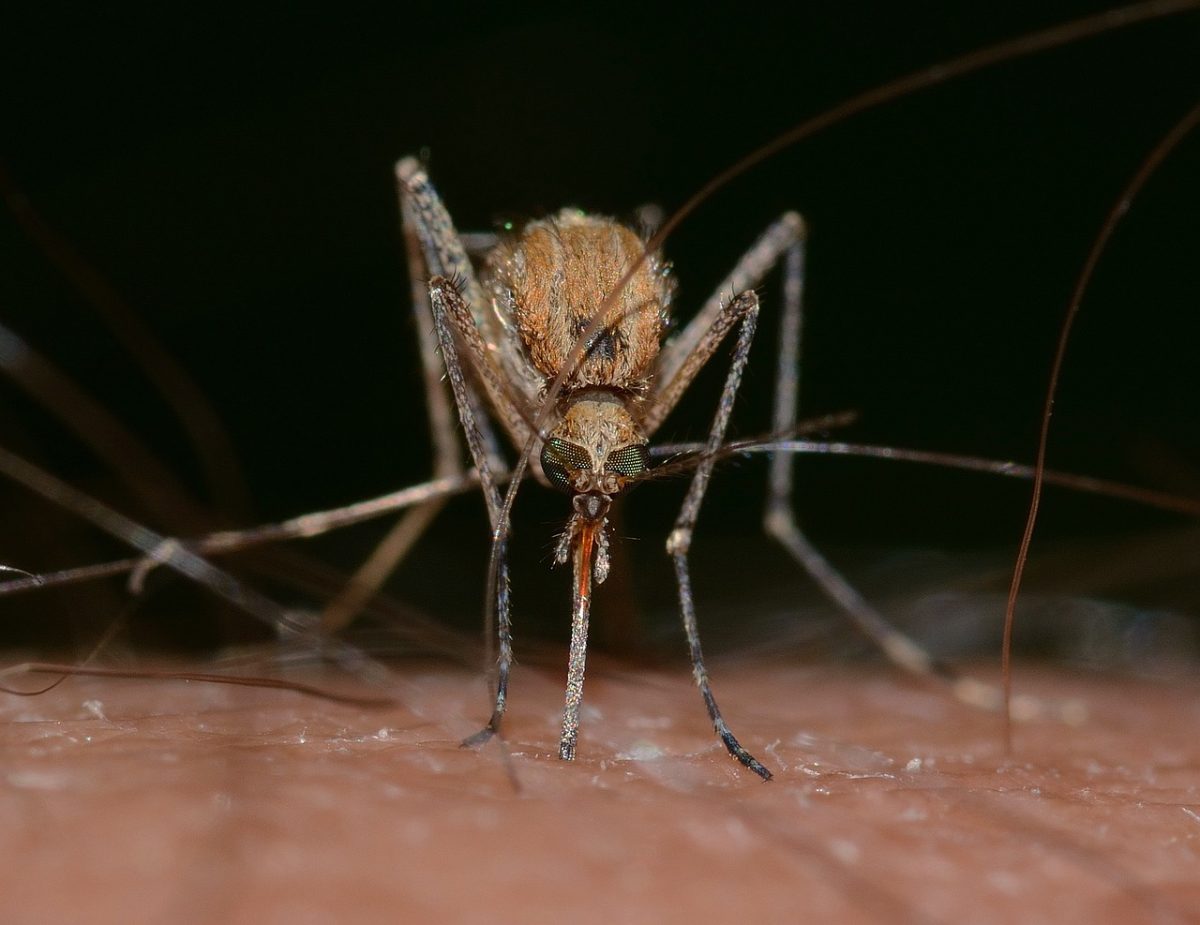The state has raised Plymouth’s risk level for Eastern equine encephalitis to high after a horse here was diagnosed with the disease, the first animal case of EEE reported in Massachusetts this year.
As of late Tuesday, Carver and Middleborough were the only other communities with a high-risk level for EEE, according to the state Department of Public Health, but infected mosquitoes have been found nearby in Halifax and Kingston.
“We definitely should be concerned about it,” said Barry Potvin, chair of Plymouth’s Board of Health. “You’ve got to be really careful, especially until the fall. Triple E usually peaks around August and September.”
On Wednesday, the state said a man in his 40s who lives in Hampden County had contracted the virus, making it the first human case of the year. His condition was not disclosed. There were 12 human cases of EEE in Massachusetts in 2019 with six deaths, and five cases with one death in 2020, the state DPH said. There were no known human infections in 2021, 2022, or 2023.
Public Health Commissioner Robbie Goldstein said in a press release that this is the “first year with elevated EEE activity since our last outbreak in 2019 and 2020.”
Though rare, EEE can spread to humans through the bite of an infected mosquito. The disease is not to be taken lightly. Its symptoms can include fever, headache, vomiting, diarrhea, seizures, behavioral changes, and drowsiness, according to the Centers for Disease Control and Prevention. In about 30 percent of cases, EEE is fatal, and survivors often suffer from persistent neurological problems.
Potvin’s precautionary advice for avoiding a mosquito bite, though wise, likely won’t appeal to those who prefer wearing light clothing in hot weather.
“The only way to protect yourself is to wear long sleeves and long pants,” he said. “And make sure you wear insect repellent. Also, avoid being outside between dusk and dawn because that’s when the mosquitoes are most active.”
This week’s rainy weather, he noted, is ideal for mosquito breeding. But there are steps you can take to mitigate the danger.
“Make sure there’s nothing on your property that holds [stagnant] water,” Potvin said, “like bird baths, or old tires…Some people just have buckets or watering cans outside, even fountains. Anything like that that has stagnant water in it, it just takes a few days for mosquitoes to breed.”
A backyard swimming pool shouldn’t increase the risk, he said, “as long as the chemicals have been kept at levels that are safe.”
The state recommends using insect repellent “with an EPA-registered ingredient, such as DEET (N,N-diethyl-m-toluamide), permethrin, picaridin (KBR 3023), or oil of lemon eucalyptus (p-menthane-3,8-diol (PMD) or IR3535).” It added that “DEET products should not be used on infants under two months of age and should be used in concentrations of 30 percent or less on older children. Oil of lemon eucalyptus should not be used on children under three years of age.”
More information is available on the state’s website, or by calling the DPH Division of Epidemiology at 617-983-6800.
Mark Pothier can be reached at mark@plymouthindependent.org.

